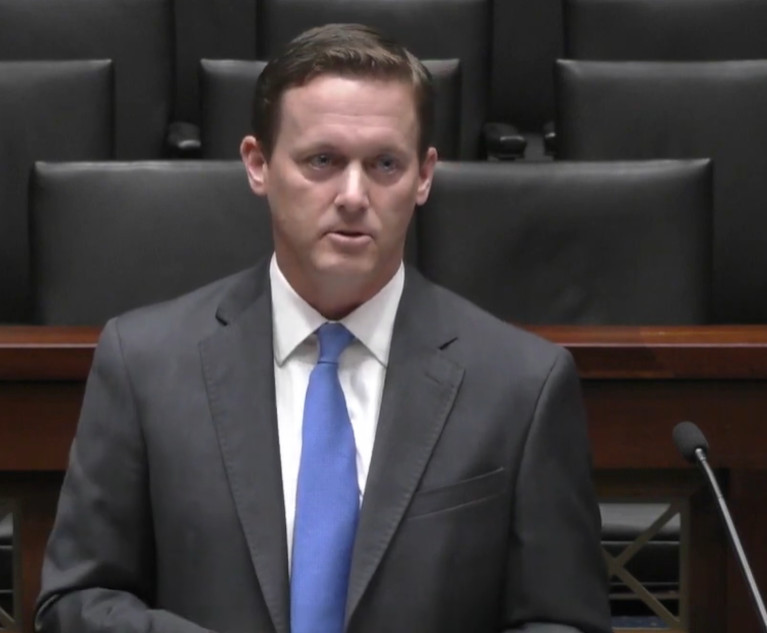Since 1993, the Texas Supreme Court’s decision in Boyles v. Kerr has held steadfast for the proposition that there is no cause of action in Texas for negligent infliction of emotional distress in the absence of physical injury. Boyles was a college student who covertly taped sex with his former girlfriend. Kerr then sued alleging invasion of privacy and negligent infliction of emotional distress. While it is difficult to imagine the Court reaching the same decision today, 30 years ago the Supreme Court felt the need to limit the circumstances in which recovery for emotional distress could occur in the absence of a physical injury.
While Boyles concluded there was no general duty not to inflict emotional distress, the Court held open the possibility that “certain [special] relationships may give rise to a duty which, if breached, would support an emotional distress award.” The Boyles Court conceded the need to except its harsh rule where there is “some specific duty of care that, under the law, arises from the relationship.” Thus, to the extent that a recognized special relationship exists to create a duty between a tortfeasor and the claimant, recovery of emotional distress damages absent a physical injury may be possible.
This content has been archived. It is available through our partners, LexisNexis® and Bloomberg Law.
To view this content, please continue to their sites.
Not a Lexis Subscriber?
Subscribe Now
Not a Bloomberg Law Subscriber?
Subscribe Now
LexisNexis® and Bloomberg Law are third party online distributors of the broad collection of current and archived versions of ALM's legal news publications. LexisNexis® and Bloomberg Law customers are able to access and use ALM's content, including content from the National Law Journal, The American Lawyer, Legaltech News, The New York Law Journal, and Corporate Counsel, as well as other sources of legal information.
For questions call 1-877-256-2472 or contact us at [email protected]


 Michael L. Slack, managing partner of Slack Davis Sanger L.L.P.
Michael L. Slack, managing partner of Slack Davis Sanger L.L.P.




